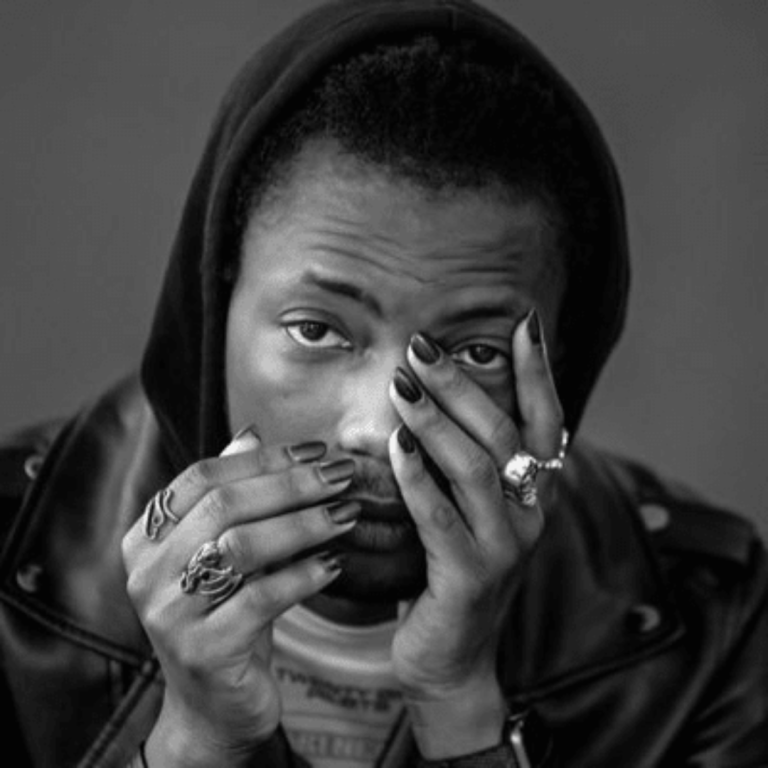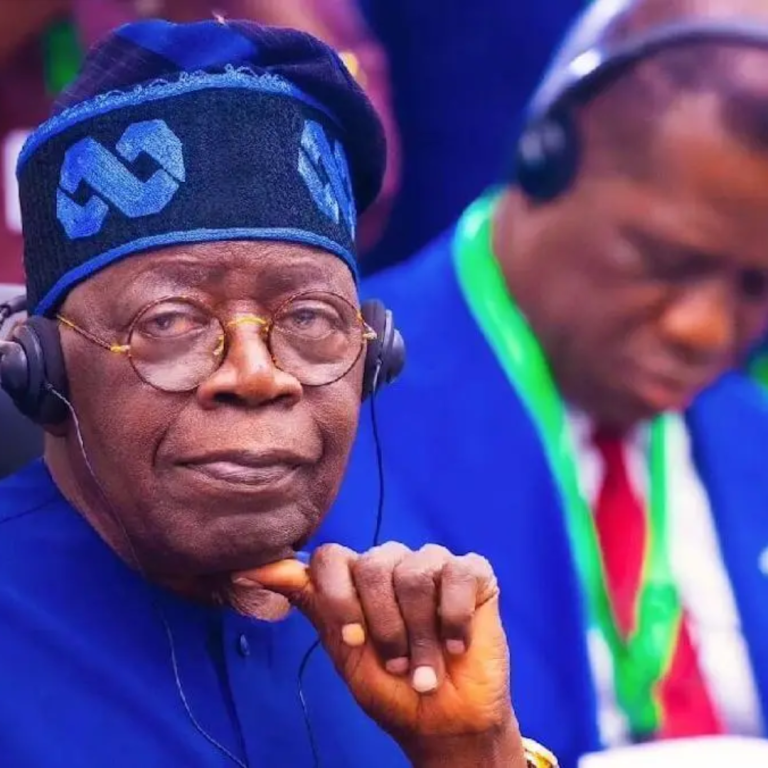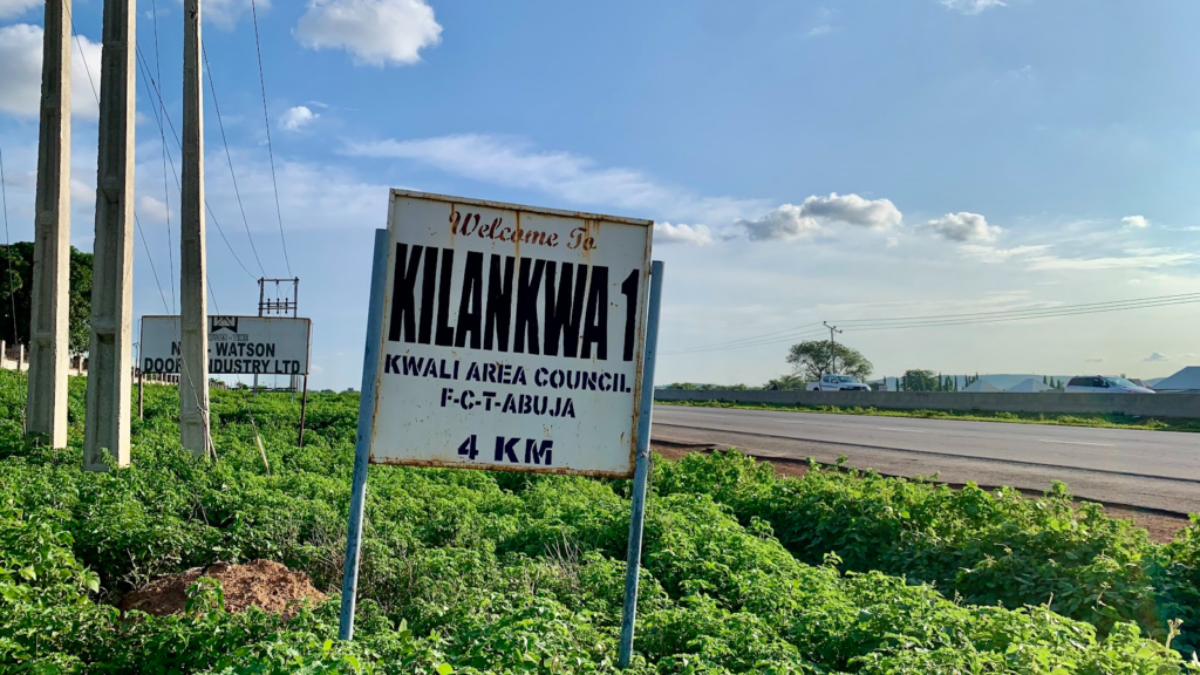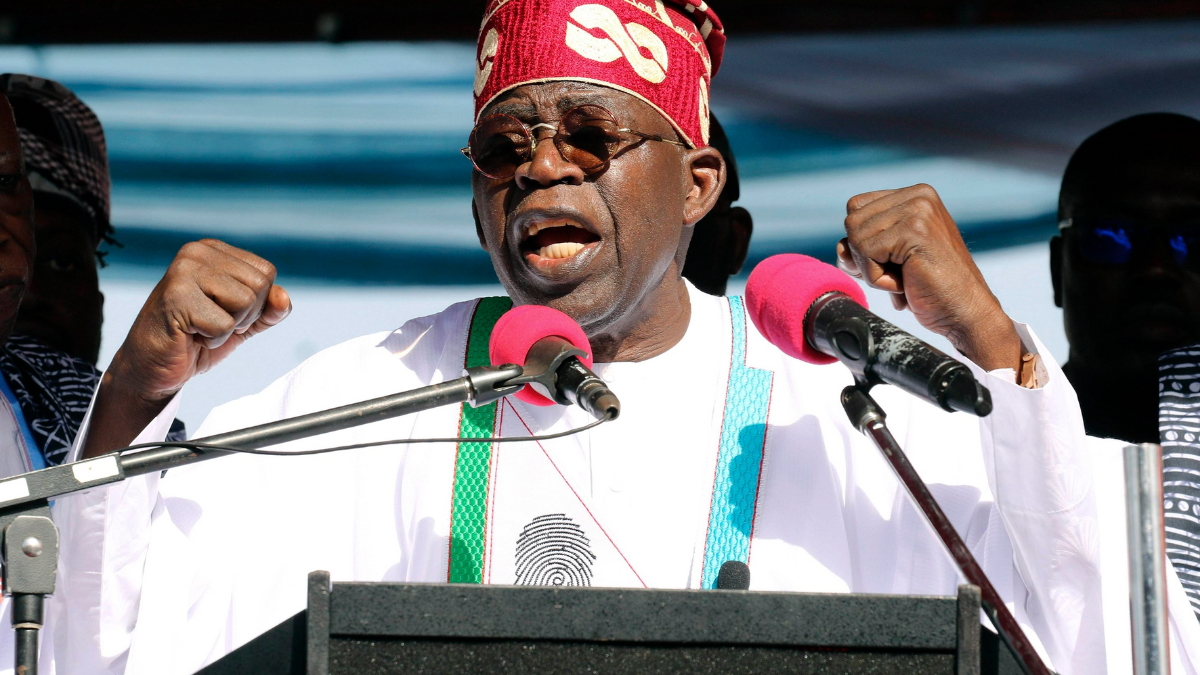If you said Nigeria is in hot soup now, you’d be absolutely correct. From Boko Haram’s not-so-subtle comeback in Borno, the disturbing attacks in Plateau State, and the recent attacks in Benue, it’s been a hell of a month for Nigerians. If you didn’t already know what was going on, this article is your opportunity to catch up.
Unexplained bloodshed in Plateau
If you were anywhere near X (formerly known as Twitter) at the start of April, you’d agree that the month sort of started well for Plateau State— its capital city, Jos, was getting lots of love and organic PR on the TL and it had people bookmarking a shit ton of tweets and adding visits to Jos on their bucketlist.
The renewed excitement for the city’s beauty didn’t last long, though, because almost immediately these posts made rounds on X, news of bloodshed trickled in and took over. The thing is, we started hearing about them a little longer after they happened.
The attacks first resurfaced on March 28, as the month closed out. If we were counting for the current month, we’d begin with April 2, when armed men brutally attacked communities in the Bokkos Local Government Area (LGA) of Plateau State and reportedly killed about 52 people, injuring many others. On that same date, there was also an attack on the Dundu community in Bassa LGA, which left three farmers dead.
After that first attack of the month, it pretty much went downhill from there. On April 7, Hurra village in Kimapka District was thrown into mourning after an attack left three farmers dead.
The attackers, whether they were the same group or not, were not taking any breaks because on April 8, they struck again, three separate times on communities in Kwall District and Miango District, both in Bassa LGA, leaving two farmers dead.
April 9 saw a herder killed, many cows poisoned, and others stolen in Keweke, Zoronvic, and Ariri communities, both in Bassa LGA.
April 12 came with the news of an attack on Zogu village (in Bassa LGA), which left two farmers, both father and son, dead.
At midnight, on April 14, gunmen unleashed violence on the Zike community in the Kwall district of Bassa LGA, killing over 51 people, leaving many injured, and properties destroyed.
“It’s ethnic cleansing”-Plateau Governor
Since the attacks on Plateau State resurfaced, Nigerians have asked to know the attackers and their motive; the governor of the State, Caleb Muftwang, on the one hand, has told anyone who cares to listen that they’re not ordinary, but are measured and carried out by “known groups” to eliminate indegenous ethnic communities.
“As I am talking to you, there are not less than 64 communities that have been taken over by bandits on the Plateau between Bokkos, Barkin Ladi, and Riyom local governments,” Muftwang said to Channels TV during a recent interview. “They have been taken over, renamed, and people are living there conveniently on lands they pushed people away to occupy.”
The former governor of the state, Jonah Jang, made a not-so-different comment. In a statement released on Tuesday, April 15, he said that describing President Tinubu’s use of ‘communal conflict’ in describing the attacks as inaccurate.
“The attacks in Plateau State are not merely communal disputes; they are perpetrated by a known group with a specific agenda,” he said.
While Muftwang and Jang suggest the attacks are ethnically motivated and carried out by known groups, they have not mentioned the people responsible.
President Tinubu, on his own end, has, as usual, promised an end to these killings, but Amnesty International has called BS.
“Issuing bland statements condemning these horrific attacks is not enough,” Amnesty International said in a statement released on April 15.
Boko Haram’s come back to the Northeast
While unknown armed men wreaked havoc in Plateau State, Boko Haram also staged a not-so-subtle comeback in Northeast Nigeria.
For some time now, it seemed as though the region which was ravaged by terrorism was catching a bit of a break, but they might be coming back again. The alarm was first raised on April 8 by the governor of Borno State, Babagana Zulum.
So far, the attacks recorded by the media this month include an April 12 landmine attack along the Damboa-Maiguguri highway, which left eight people dead and over 17 injured.
On Tuesday, April 15, terrorists suspected to be members of the Islamic State West Africa Province (ISWAP) destroyed the Mandafuma bridge in Maiduguri after they detonated an Improvised Explosive Device (IED) on it.
Barely two days later, on Thursday, April 17, the terrorists used an IED to destroy another bridge. This time around, it was a bridge in Yobe (another Northeastern state) linking Ngirbuwa and Gonori communities in Gujba LGA. These attacks, according to experts, are attempts to prevent military reinforcement and logistics supply to some areas.
On April 18, suspected Boko Haram terrorists attacked Yamtakke, a resettled community in Gwoza LGA of the state. The attack led to the death of two soldiers and some civilians.
The day after, they attacked a community in Hong LGA of Adamawa State (also in the Northeast), burning houses and properties, and then hoisting their flag to signify they’ve conquered the place. Meanwhile, three days earlier, terrorists destroyed a Police patrol van from Garaha with a bomb.
All of these attacks on Borno, Adamawa, and Yobe (also known as the BAY states) are resurrecting fears of a return to Boko Haram and ISWAP’s reign of violence in the Northeast region, especially because some of the recently attacked areas like Hong (in Adamawa) and Gwoza (in Borno) were areas which severally suffered lots of attacks in the thick of the insurgency.
Benue under attack
It’s not just raining violence in Northern Nigeria, it’s pouring. While Nigerians still tried to grapple with the attacks simultaneously going on in Plateau and parts of the Northeast, violence broke out in Benue too.
On April 17, the Ugondo community (located in Logo LGA) and Tyuluv and Gbagir communities in Ukum LGA were attacked by suspected herders. The governor of the state, Hyacinth Alia, says he violence took over 56 lives, while the Police said the death toll was at 17.
The cause of the brutality is not clear yet, but Alia suggests it was specifically carried out at the start of the planting season to prevent the communities from farming.
Bandits attack in Kwara as Police deny
The chaos in one part of Kwara State may have been drowned out by the violence in other parts of Nigeria but they too have been going through it.
Locals in Baruten LGA told Channels TV they were attacked by bandits during Easter weekend. They said the bandits who attacked them came from Northwest and Northeast Nigeria, where they were chased away.
The situation in Baruten is quite strange because even though residents of the LGA continue to complain and back up their claims with photos and video evidence, the Police in the state have continued to deny that the attacks happened. In fact, a local told Channels TV that the Northern part of the LGA has been occupied by bandits after they chased residents away.
It’s time to call out the government
One thing the Tinubu administration has done pretty well is to claim it is on the path to solving Nigeria’s insecurity issues. The President said it during his Independent day speech in 2024, most recently in February, and a couple of other times.
If these claims were believable before, the recent attacks, which have claimed over 100 lives in the 22 days of April, are saying otherwise in the loudest way possible.
This is even more concerning because the government dedicated a whopping ₦6.11 trillion (88 per cent increase from the previous year) of the 2025 budget to tackling insecurity. How is the money being disbursed towards improving security? How long before the violent attacks which is brewing in Northern Nigeria spread to the rest of the country? Now is the best time to demand answers.




